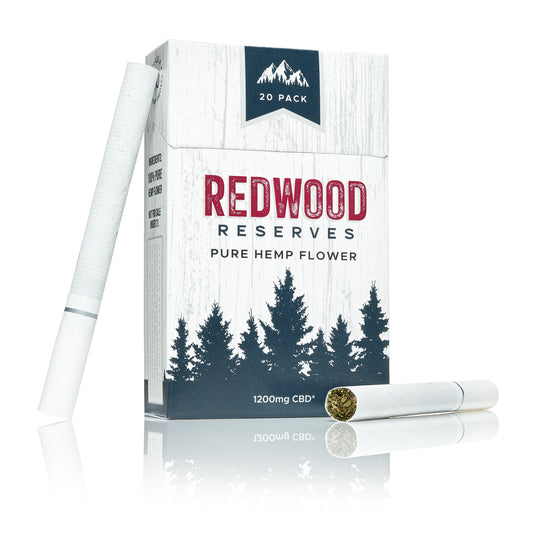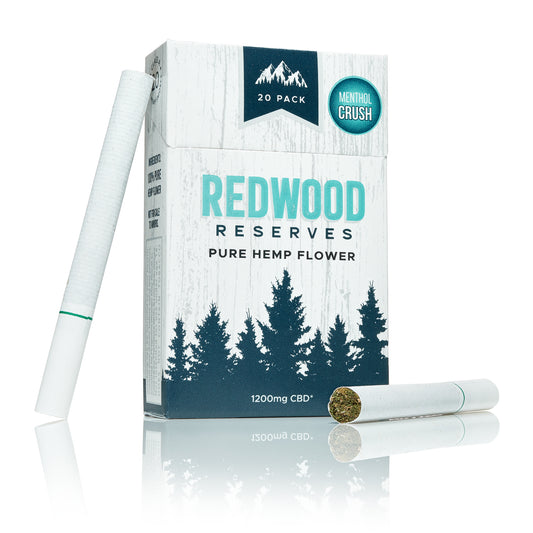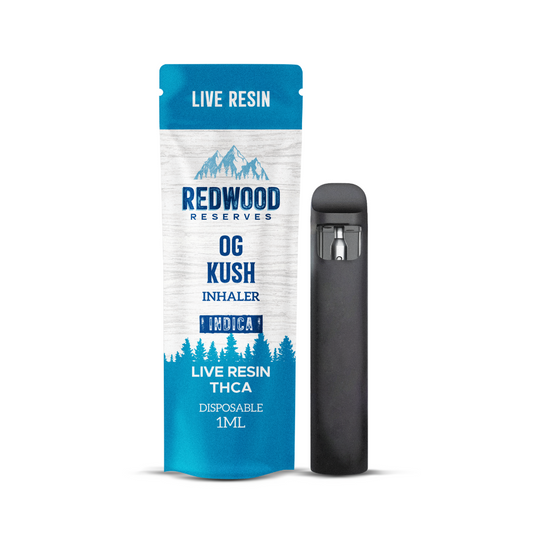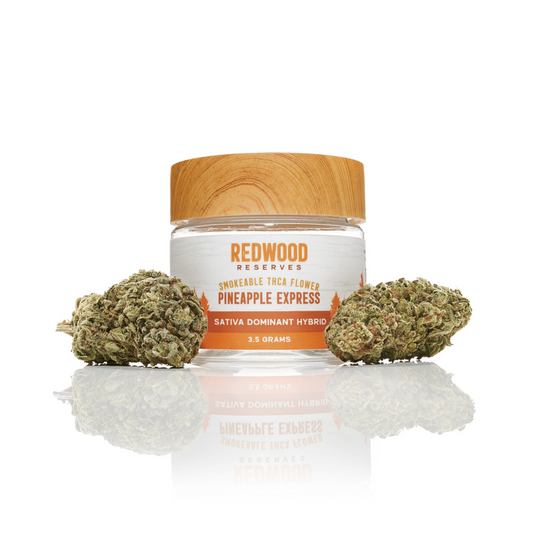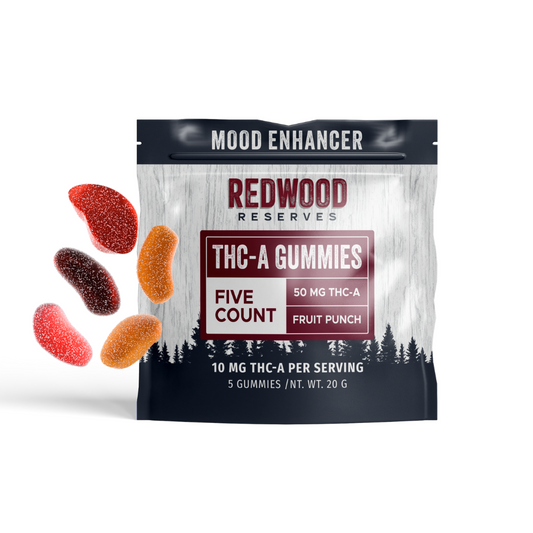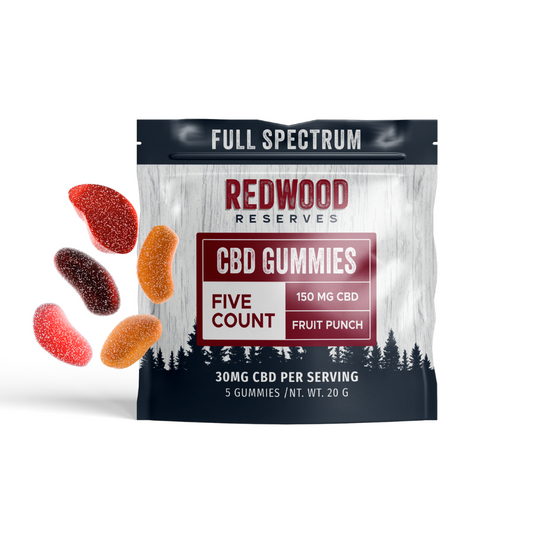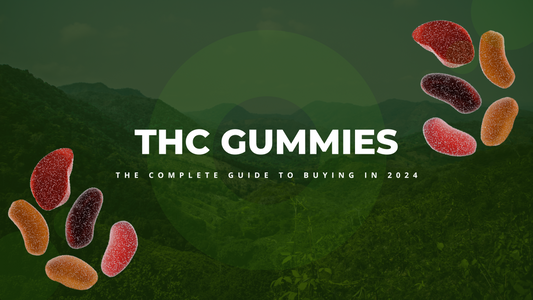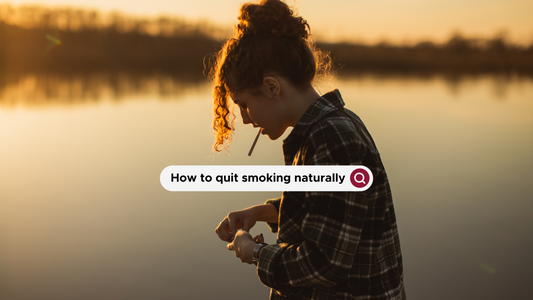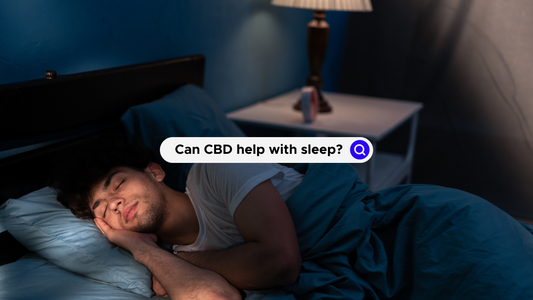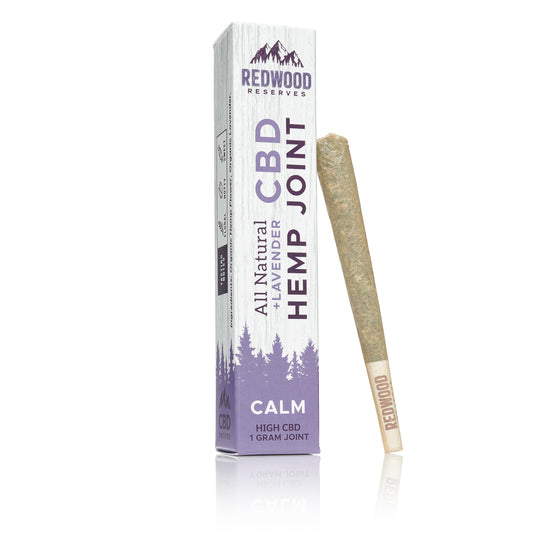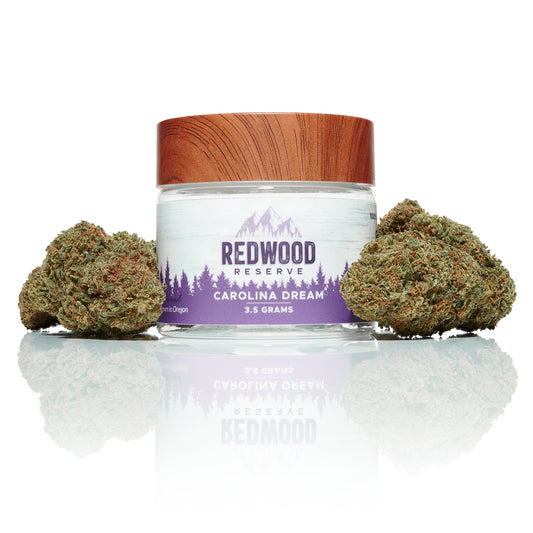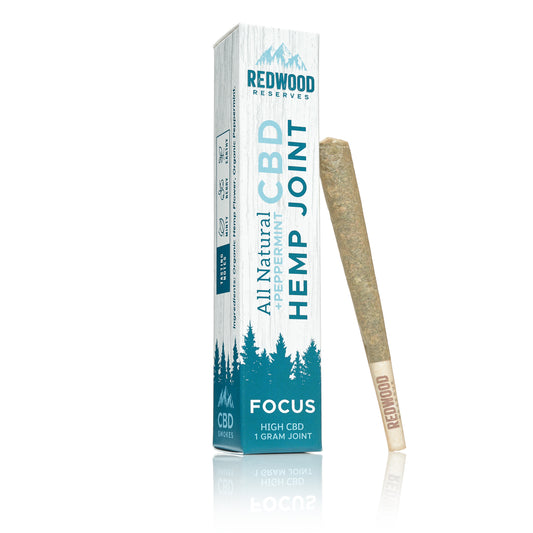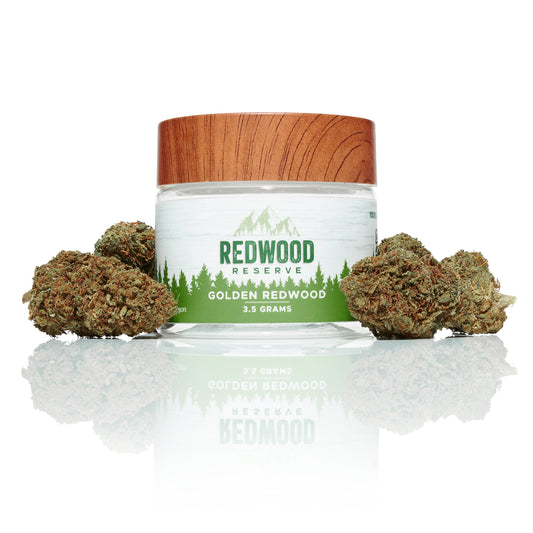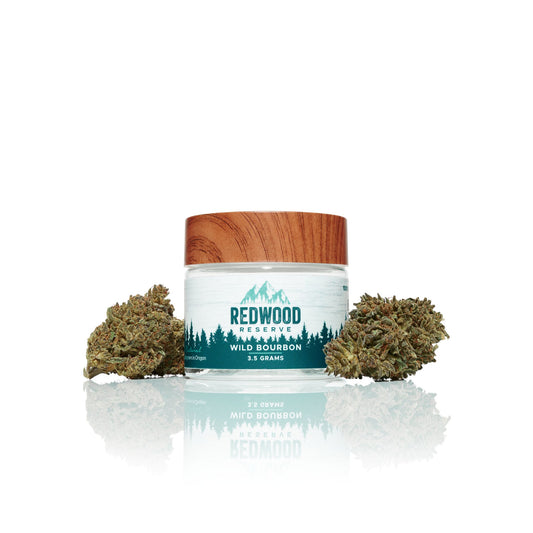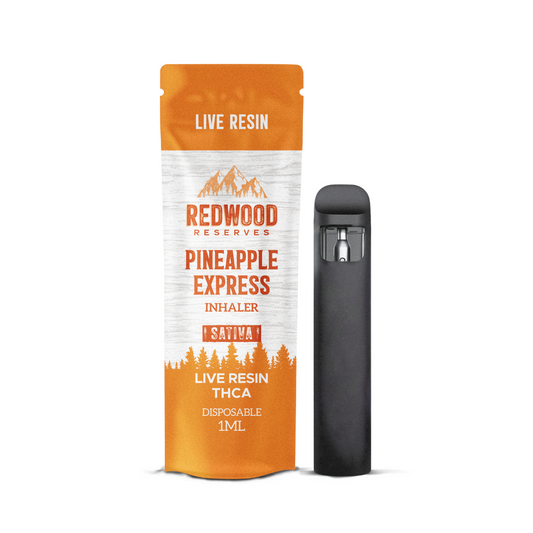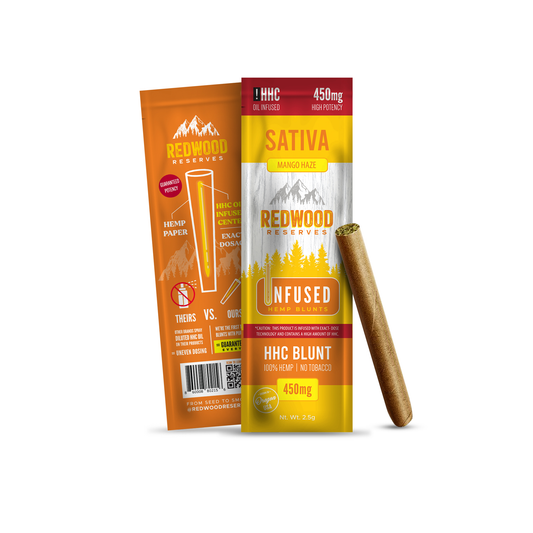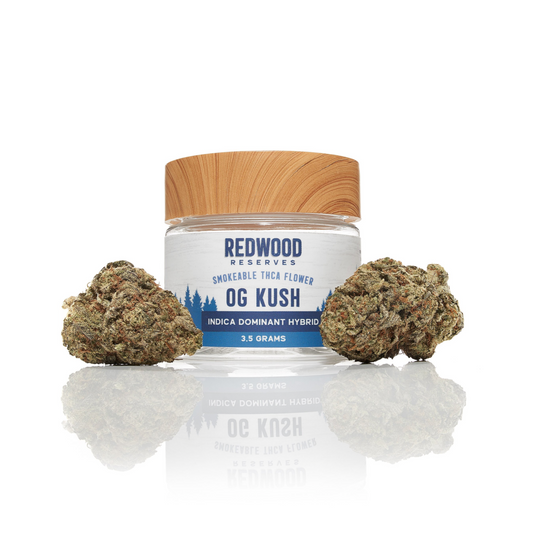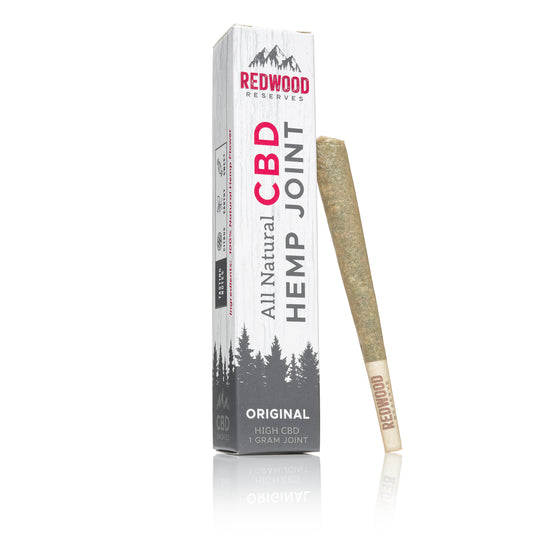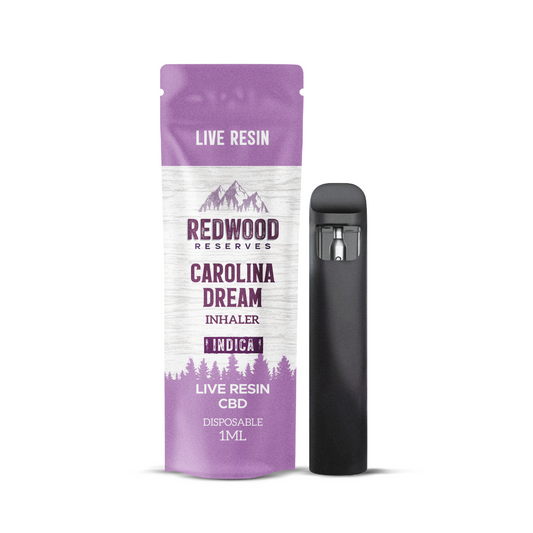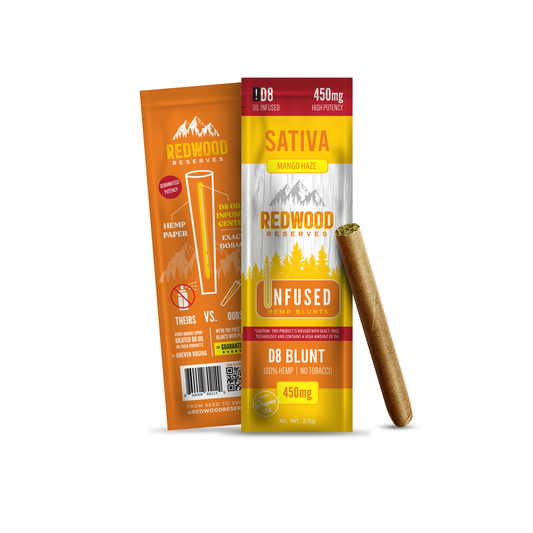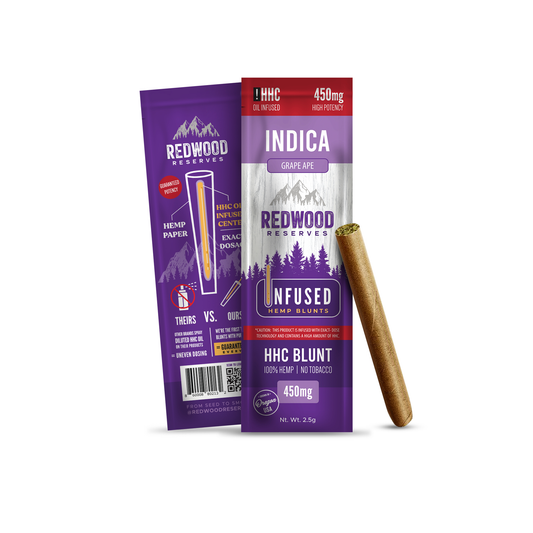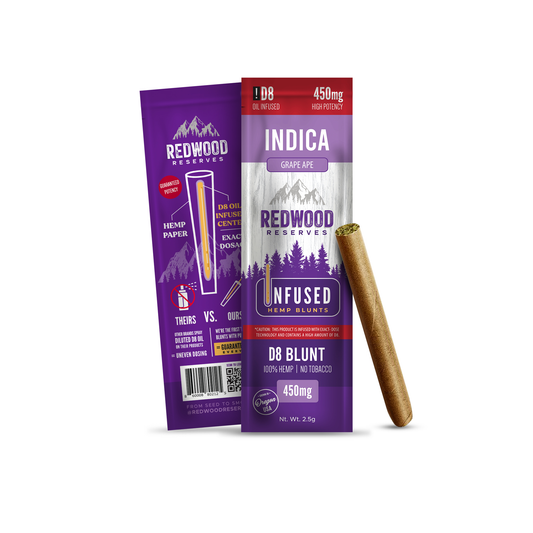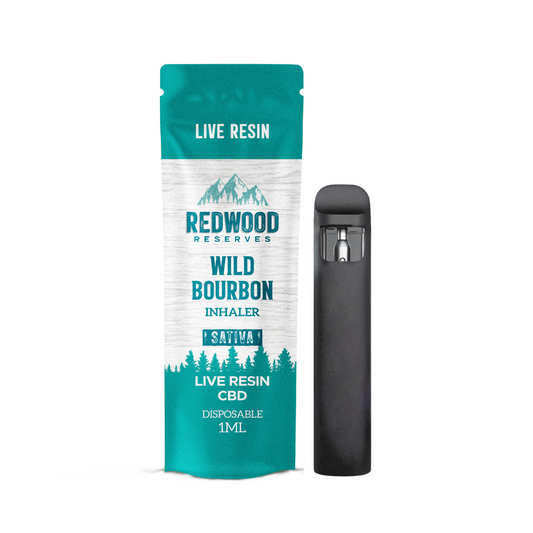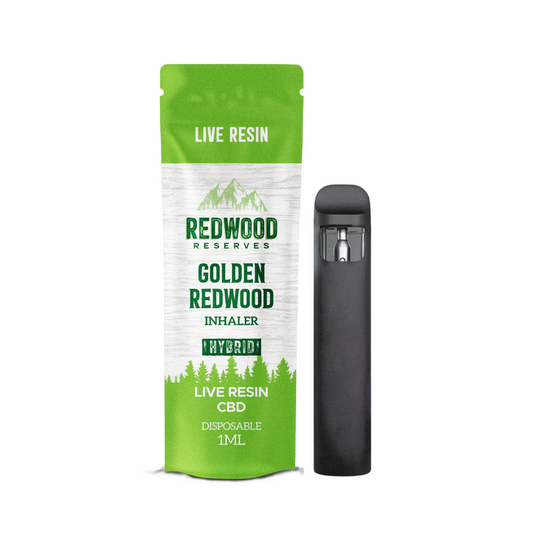How Things are Bad Because They Are Good
We love that people are loving CBD. As word of its many health benefits spreads around the world, demand is exploding. One industry analyst predicts that the hemp-CBD market alone could be $22 billion by 2022.
 Unfortunately, such mind-altering growth often attracts the wrong sort of attention. Over the past few years, we have looked on sadly as many shady operators entered the CBD trade. Their cheap, dubious CBD oil products are everywhere and, in many cases, contain things far more damaging than their lame packaging and bad vibes.
Unfortunately, such mind-altering growth often attracts the wrong sort of attention. Over the past few years, we have looked on sadly as many shady operators entered the CBD trade. Their cheap, dubious CBD oil products are everywhere and, in many cases, contain things far more damaging than their lame packaging and bad vibes.
This is what a recent (September 2019) Associated Press investigation into the matter found:
At least 128 samples out of more than 350 tested by government labs in nine states . . . had synthetic marijuana in products marketed as CBD . . . Mississippi authorities also found fentanyl, the opioid involved in about 30,000 overdose deaths last year.
This shocking state of affairs is sobering, to say the least, and demonstrates the importance of verifying the provenance and quality of the CBD you are putting into your body.
Testing 1, 2, 3 (parties)
A key first step in quality control is ensuring you are purchasing your CBD from a responsible producer. As with people, however, you should only trust those honest souls who admit they don’t know everything, and the best sellers will respect you enough to tell you not to take their word for it when they crow about their product’s quality.
What you need is the opinion of experts with no skin in the game. And as any reputable purveyor will tell you, expert opinions are best found through third party testing — the only way to be certain you are ingesting CBD that is both pure and effective.
The concept is pretty simple. A grower or supplier with plants or oils they want vetted finds a reputable accredited lab that is not affiliated in any way with the provider (a quick name and address check is sometimes all that is needed here) and lets them do what they need to do.
Finding A Lab: It’s Not Rocket Science
 How do you know if a lab is reputable? One way is reverse engineering. If a lab works with top notch sellers, then they are likely good. This begs the question of who can be considered top notch? The U.S. Hemp Authority offers some guidance. In March 2019, the U.S. Hemp Authority began certifying CBD sellers with a high-quality seal with the goal of “standardizing quality control and building a safer industry.” A list of the first 14 companies selected can be found here.
How do you know if a lab is reputable? One way is reverse engineering. If a lab works with top notch sellers, then they are likely good. This begs the question of who can be considered top notch? The U.S. Hemp Authority offers some guidance. In March 2019, the U.S. Hemp Authority began certifying CBD sellers with a high-quality seal with the goal of “standardizing quality control and building a safer industry.” A list of the first 14 companies selected can be found here.
One other clue is cost. Testing is not cheap. The cost to analyze the crops of large-scale grower can be around $40,000 a year, and a full panel on even a small sample of product can run $500 a pop. Bear in mind many producers don’t have to go to this expense because, unless it is being sold in a regulated cannabis market, there is no legal testing requirement for CBD products. This means responsible producers do it because they want to let the consumer know they have a safe and superior product and trust that the informed shopper will understand that they are getting what they pay a little more for (and not getting any of what they don’t want).
You could also note where the lab is located. We are located in the notoriously persnickety Pacific Wonderland that is Oregon, a state that is known to have a regulation or two. It can get bothersome, but we will never diss a regulation that keeps people safe. In utilizing an Oregon lab in compliance with OAR, accredited by ORELAP and OLCC licensed by the department of agriculture, we know the testing process was rigorous and the data solid.
WHAT YOU DON’T WANT IN YOUR CBD
Most crucial is finding a product analyzed by a lab that looks for trouble in all the right places. At bare minimum hemp and CBD should be tested for:
PRESENCE OF CBD
A no-brainer, but crucial. Analysis by an accredited lab is the only way to know for sure if you are getting the advertised amount of CBD in your CBD.
PRESENCE OF OTHER CANNABANOIDS
Some of these are benign or even helpful (I’m looking at you, linalool), but the internet is full of tales of folks who have lost jobs after testing positive for THC after taking CBD products marketed as “THC free.”
PRESENCE OF OTHER STUFF
It is a great comfort to know that your CBD has no synthetic thc or fentanyl.
PESTICIDES
We don’t use any chemicals (or even fertilizer) on our plants, but plenty of growers do. What kills bugs does you no good and shouldn’t be in your CBD.
HEAVY METALS
Not the cool Black Sabbath kind. There have been no reports of CBD samples testing positive for Ozzy. Heck you might even be happy to see him depending on your tastes. What you would not be happy to see is a test report indicating the presence of such nasties as arsenic, cadmium, cobalt, copper, lead, and mercury.
BIOLOGICAL CONTAMINANTS
Your mold, your bacteria, your fungi.
RESIDUAL SOLVENTS
Our extraction method means we don’t have to worry about this one, but solvent extraction methods can leave behind some pretty harsh chemicals.
Keep An Eye Out
 Looking into whether or not your hemp and CBD have been analyzed by an Independent Third Party is the most important thing you can do to make sure your cannabis is safe and effective.
Looking into whether or not your hemp and CBD have been analyzed by an Independent Third Party is the most important thing you can do to make sure your cannabis is safe and effective.
Of course, the best sources will make their results easily accessible on their website, but if a product has been verified, the seller will likely want you to know about it and will feature that information prominently on their packaging. If you are in doubt, the seller has likely gone without.
So do yourself, the industry, and maybe even the world a favor and only buy CBD products that have been certified by an Independent Third Party. Then you are free to relaxing knowing you will live to party on.
